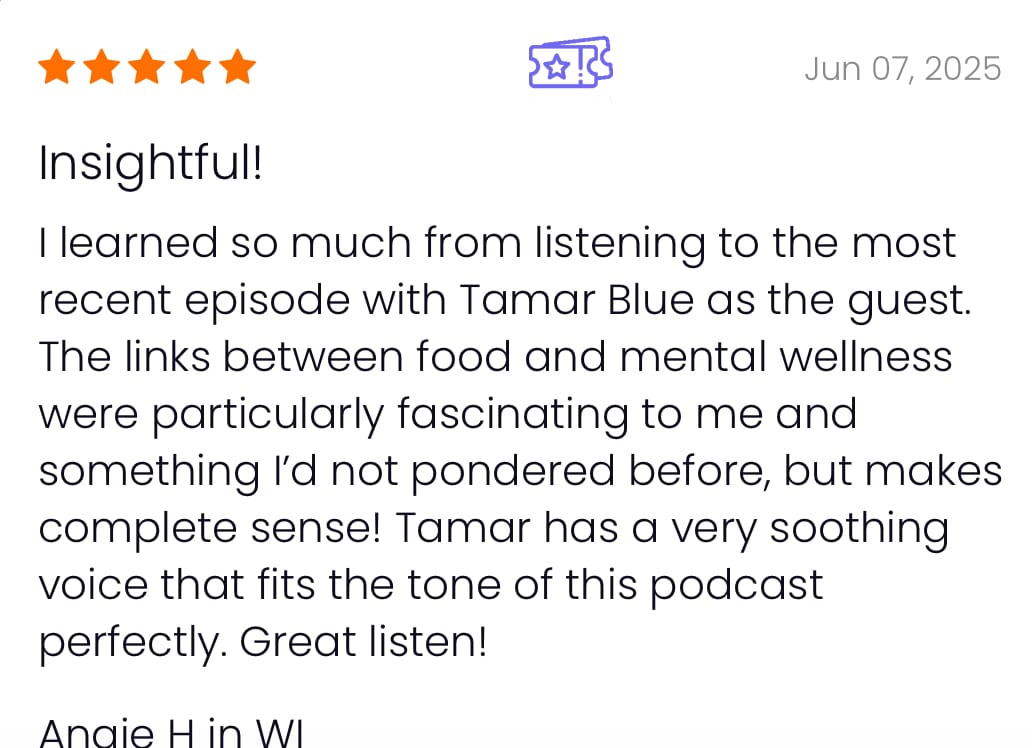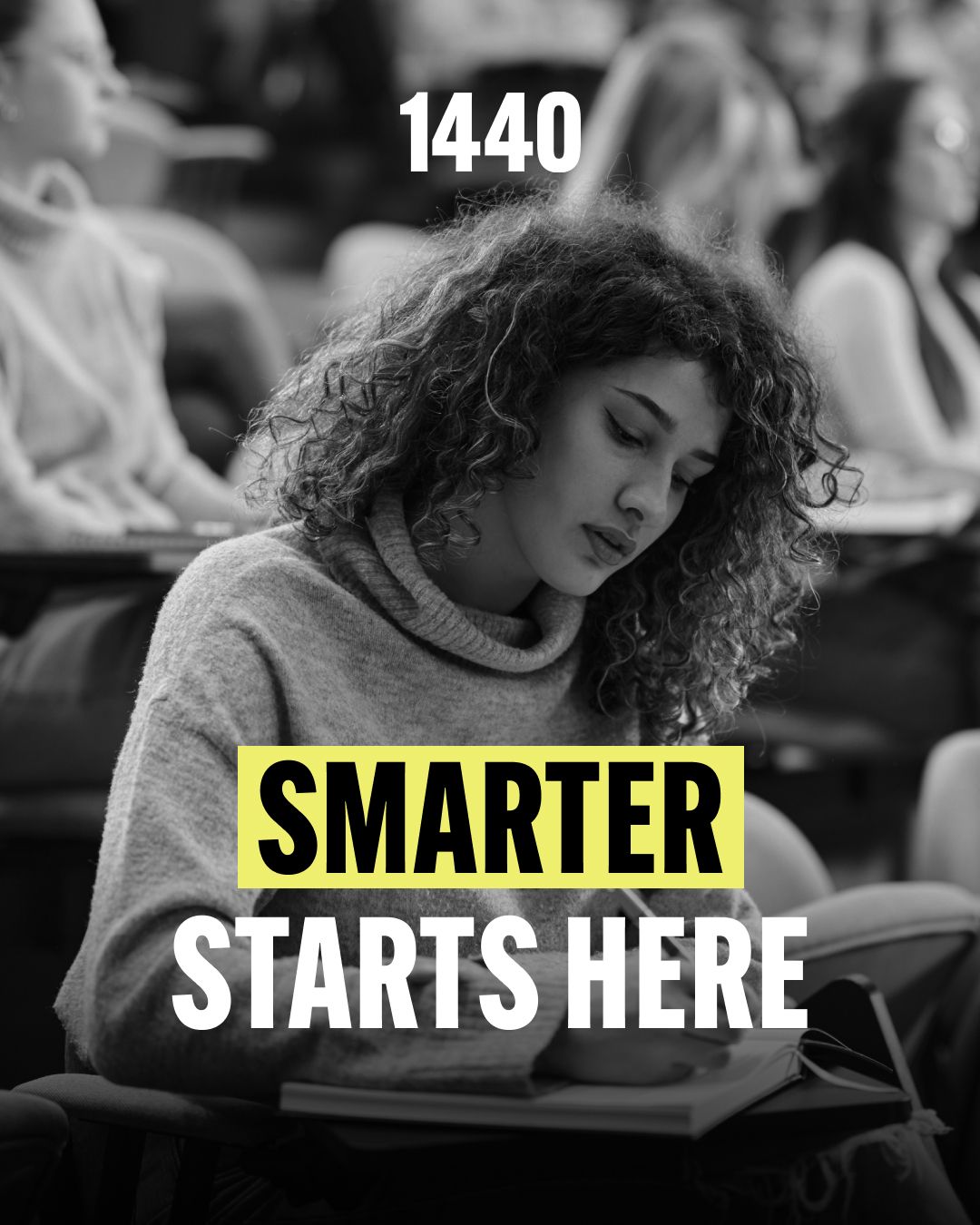The Importance of Curiosity
In last week's episode of EZ Conversations, I had the pleasure of hosting Kathryn Landis.
We explored multigenerational leadership, the importance of learning from different generations, and how AI is reshaping how we work.
Kathryn shared powerful insights from her experience in academia working with Gen Z students — highlighting how curiosity and collaboration can bridge generational gaps.
We also discussed how some organizations resist integrating AI, often because of confirmation bias. Yet, as we both agreed, curiosity and critical thinking are key to using this technology wisely rather than fearfully.
Reflection on the Hike
On a hike this past weekend, I found myself reflecting on curiosity.
This year has brought personal setbacks. There were moments of frustration, moments when I didn’t have all the answers.
But I’ve learned something important — acceptance comes first, and then curiosity follows.
Once I accept what’s happening, curiosity emerges naturally:
What can I learn here?
What might this experience be teaching me?
That’s when agency starts to grow.
I’m no longer asking, “Why is this happening to me?” but rather, “Why is this happening for me?”
It’s not a linear path — there are regressions and detours — but over time, curiosity becomes a steady companion.
Why Curiosity Is a Psychological Superpower
Curiosity is more than an attitude; it’s a scientifically backed strength.
When we’re curious, our brains activate dopamine pathways that boost learning, motivation, and memory (Gruber et al., 2014).
In adversity, that means curiosity literally helps us adapt faster.
Psychologist Todd Kashdan describes curiosity as the foundation of psychological flexibility — our ability to stay open, learn, and grow even when life gets hard (Kashdan & Rottenberg, 2010).
Curiosity also counteracts fear.
When we’re anxious, the amygdala narrows our focus for survival.
But curiosity re-engages the prefrontal cortex, the part of the brain responsible for problem-solving and reflection (Hinton, 2016).
This shift allows us to approach uncertainty rather than run from it.
Curiosity Builds Resilience
Research by Tugade and Fredrickson (2004) shows that resilient people use positive emotions like interest to bounce back from adversity.
Similarly, Kashdan & Steger (2007) found that curious people experience greater meaning and life satisfaction — even during difficulty.
Curiosity reframes fear as fascination.
It transforms pain into data.
It turns “I can’t handle this” into “I wonder what happens if I try this?”
How to Cultivate Curiosity in Hard Times
1️⃣ Pause before reacting. Take a breath and ask, What am I not seeing yet?
2️⃣ Sit with discomfort. Growth lives where certainty ends.
3️⃣ Ask better questions. Replace “Why me?” with “What can this teach me?”
4️⃣ Stay open. Observe your emotions without judgment — they’re information, not identity.
5️⃣ Reflect daily. End your day with, What did I learn about myself today?
Final Thought
Curiosity bridges the gap between acceptance and agency.
It helps us move from resistance to resilience — from being victims of circumstance to survivors with purpose.
In leadership, relationships, or personal growth, curiosity isn’t just a mindset.
It’s a way of being that transforms how we face life’s uncertainty — one question at a time.
References
Fredrickson, B. L. (2001). American Psychologist, 56(3), 218–226.
Gruber, M. J., Gelman, B. D., & Ranganath, C. (2014). Neuron, 84(2), 486–496.
Hinton, D. E. (2016). Neuroscience and Psychotherapy: The Neural Mechanisms of Therapeutic Change.
Kashdan, T. B., & Rottenberg, J. (2010). Clinical Psychology Review, 30(7), 865–878.
Kashdan, T. B., & Steger, M. F. (2007). Motivation and Emotion, 31(3), 159–173.
Tugade, M. M., & Fredrickson, B. L. (2004). Journal of Personality and Social Psychology, 86(2), 320–333.

A snippet of the Episode
Head to YouTube for the full episode. Or Subscribe below:
What people are saying about the podcast:

Quote of the Week:
“Judge a man by his questions rather than by his answers.”
Sponsors
Fact-based news without bias awaits. Make 1440 your choice today.
Overwhelmed by biased news? Cut through the clutter and get straight facts with your daily 1440 digest. From politics to sports, join millions who start their day informed.
Join over 4 million Americans who start their day with 1440 – your daily digest for unbiased, fact-centric news. From politics to sports, we cover it all by analyzing over 100 sources. Our concise, 5-minute read lands in your inbox each morning at no cost. Experience news without the noise; let 1440 help you make up your own mind. Sign up now and invite your friends and family to be part of the informed.
Subscribe to the Podcast and Newsletter
Looking to build your own Newsletter?
Follow my personalized link to get 20% off all Beehiiv plans:




